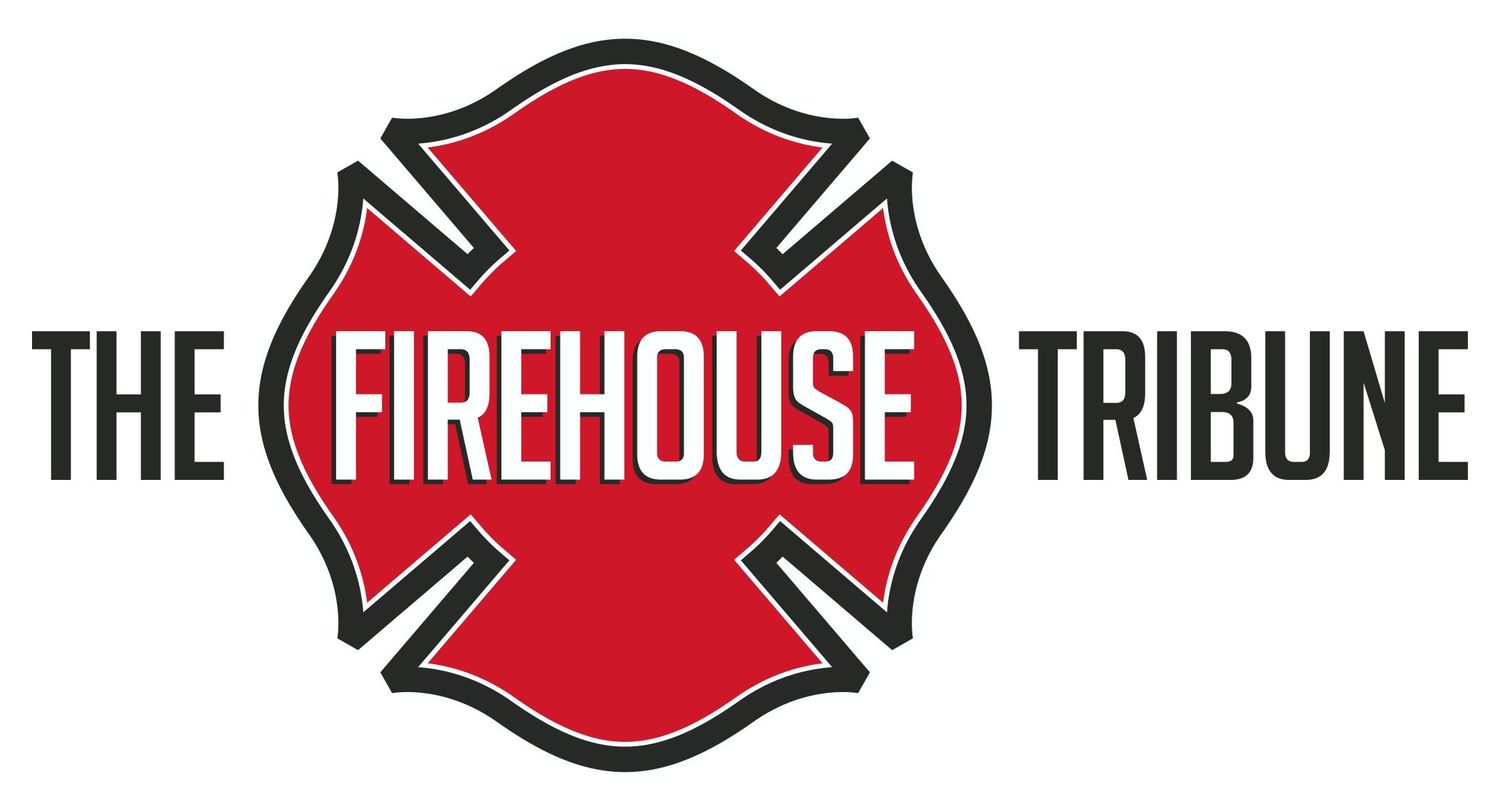Search Culture: Teaching Aggressiveness Without Carelessness
In the fire service, few tasks are more urgent — or more misunderstood — than primary search. It’s a mission built on the belief that someone may still be savable, even in the most chaotic conditions. But as the call for “aggressive interior operations” grows louder, it’s critical that we define what that truly means. Aggressive doesn’t mean reckless. It means calculated, disciplined, and well-trained. Developing a strong search culture within your department starts with mindset, but it thrives through consistent, realistic training and leadership that values both speed and survivability. Lives depend on it — and so does the future of interior firefighting.
What Is 'Search Culture'?
Search culture refers to the mindset, expectations, and behaviors surrounding how a fire department approaches search operations. It’s not just a tactic — it’s a belief system. A good search culture believes that victims can be saved and that search must be prioritized. It’s shaped by everything from officer expectations and department SOPs to the realism of company-level training and post-fire critiques. If search is treated like an afterthought or something “someone else will handle,” it won’t happen with the urgency it demands.
Departments that embrace search culture build it from the ground up. They assign search responsibilities clearly. They train for it under realistic conditions. And they reinforce it during every fireground critique. Strong search culture becomes second nature, and that’s exactly what it needs to be when time is against you.
Aggressive Doesn’t Mean Dangerous
There’s a dangerous misconception in some circles that “aggressive” means “reckless.” That couldn’t be further from the truth. Aggressive means fast, purposeful, and trained. It means making smart decisions quickly, working under pressure, and executing tasks with urgency — not without thought.
Reckless search is entering without communication, coordination, or understanding of fire conditions. Aggressive search is a coordinated VES of a bedroom based on victim reports, isolating the room, controlling the door, and making a sweep. Aggressive search respects the risk while acknowledging the reward — lives saved. Firefighters must be trained to differentiate between the two. Courage is required, but so is judgment.
Training Is the Difference
You can’t build a strong search culture without training — and that training must go beyond the basics. Textbook searches in clean conditions don’t prepare members for what they’ll face on the job. Firefighters need scenario-based evolutions that involve heat, smoke, noise, stress, and unpredictability. They need to search under pressure. They need to make decisions quickly. And they need repetition.
In training, focus on:
Victim removal techniques (drag vs. carry)
Targeted VES with door control
Decision-making under time pressure
Split crew search tactics
Identifying searchable vs. non-survivable spaces
Discipline is key. Wandering through a structure with no plan or communication isn’t a search — it’s a liability. Firefighters must learn to move methodically, check conditions constantly, and operate with intention.
Teaching the Why
One of the most effective tools for reinforcing search culture is explaining why it matters. When firefighters know that their training directly impacts the ability to save lives, they commit on a deeper level.
Take the 2019 fire in Stockton, California, where two children were trapped inside a burning home. A truck company performing VES through a rear bedroom window found both children unconscious but alive. Their decision to act — fast, focused, and within their training — saved two lives. That’s the outcome search culture aims to produce.
Now consider a story from a fire department I know personally — one I often share with new recruits and officers alike. Crews arrived on scene to a working fire and were met by the family outside. Panicked but insistent, the family told firefighters that everyone was out of the house. Many departments would have taken that at face value and shifted focus entirely to suppression. But this crew knew better — they committed to a full primary search anyway. Tragically, they found a young male deceased in his bedroom. He was supposed to be at a friend’s house for a sleepover but had returned home late without anyone knowing.
Although the outcome was heartbreaking, the takeaway is clear: the building isn't confirmed clear until we confirm it ourselves. That crew did everything right — and their actions represent exactly what a strong search culture looks like. We search because lives depend on it. We search because people make mistakes. And we search because hope is worth risking for.
Leadership Sets the Tone
Strong search culture begins with leadership. Officers must emphasize it, assign it, and train it. It needs to be woven into riding assignments, operational briefings, and after-action reviews. Senior firefighters and company officers have a duty to mentor new members, not just on how to search, but why we do it.
This also means acknowledging our shortcomings and being willing to fix them. If your department doesn’t train on search routinely, start. If search isn’t part of your response model, build it in. If firefighters don’t feel comfortable executing VES or split search, create that comfort through repetition and education.
Conclusion
Search isn’t just a task — it’s a belief system rooted in the idea that someone may still be alive, waiting, hoping, trapped behind a door in the dark. It demands urgency, but it also demands control. Aggressiveness must be backed by training. Speed must be balanced with safety. And most importantly, search must be taught with the mindset that lives depend on it — because they do.
A strong search culture doesn’t just make your company better. It makes your community safer.
Until next time, work hard, stay safe & live inspired.
